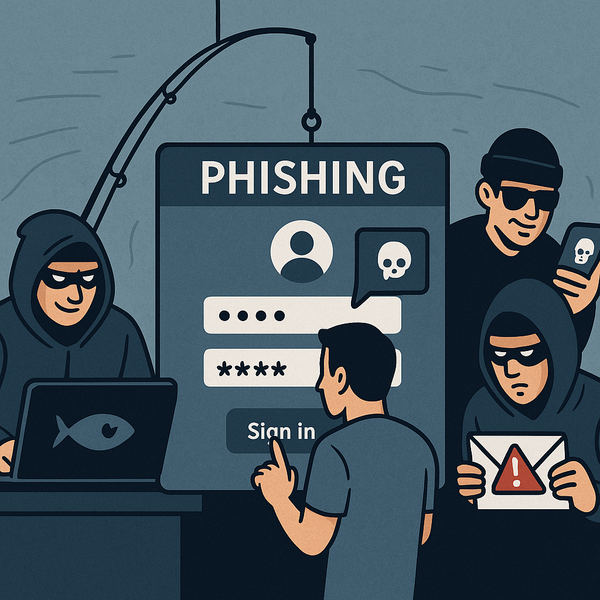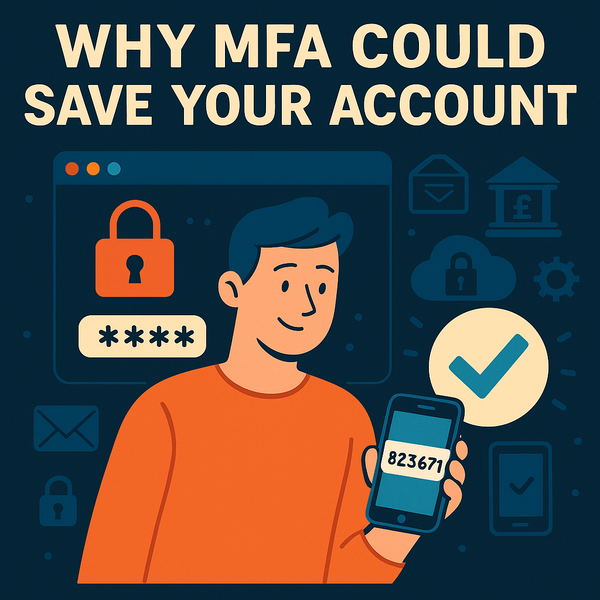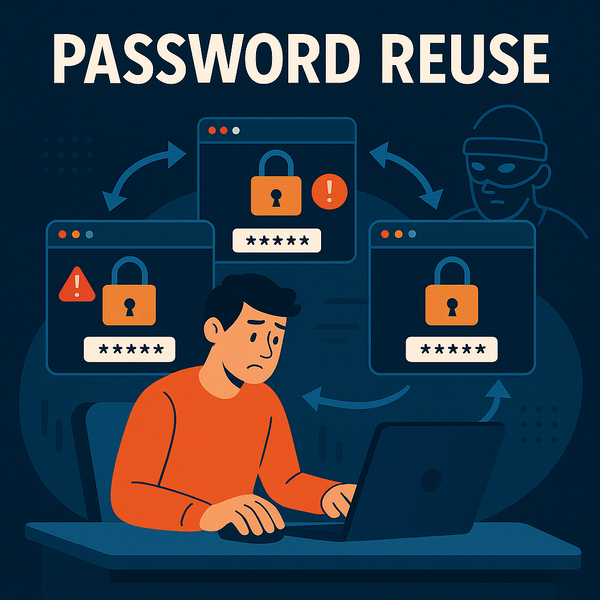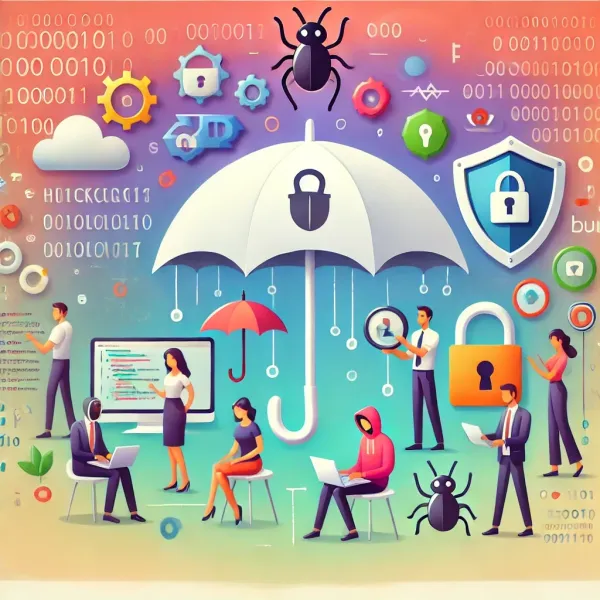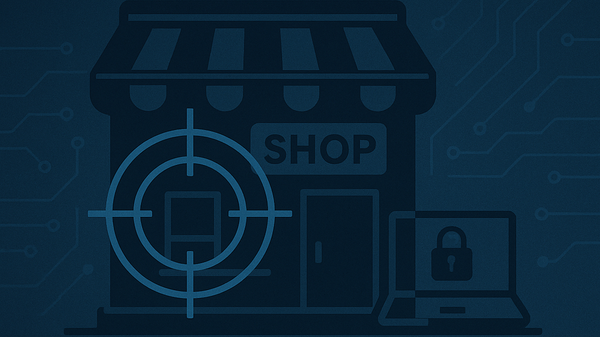
Small Business, Big Target: Why Hackers Love Going After the Little Guys
When people think of cyberattacks, they probably imagine huge companies making the headlines, such as big banks, hospitals, government departments, and global brands. You probably don't think small businesses, family-run shops, or self-employed freelancers working from their kitchen table are targets, right? However, the truth is that everyone


